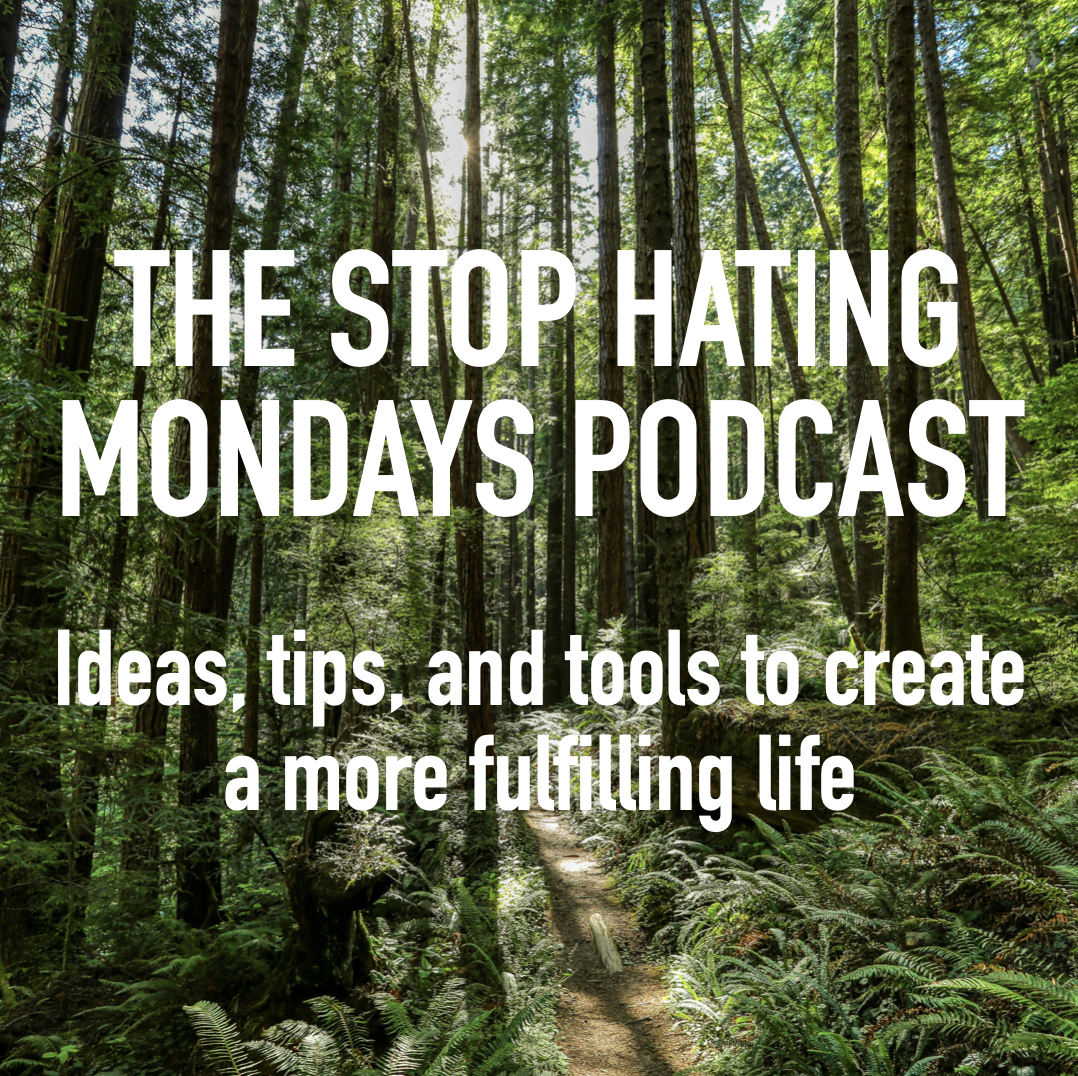How to Thrive as an Introvert at Work
Kent R.
It's no secret that large organizations, especially big businesses and corporations in the West, favor extroverts. Corporate culture tends to reward people who are highly sociable, talkative, and assertive – qualities that come more naturally to extroverts. In fact, studies show that extroverts are more likely to land high paying jobs.
Well, that's great news for extroverts, but what if you're an introvert?
On this episode of the Stop Hating Mondays podcast, Kent and I are discussing extroversion and introversion. Specifically, we're talking about how an introvert can thrive in a culture that is biased toward extroverts.
TRANSCRIPT
(Transcripts are auto-generated and may contain minor errors)
Caanan
It's no secret that large organizations, especially big businesses and corporations in the West, favor extroverts.Corporate culture tends to reward people who are highly sociable, talkative, and assertive – qualities that come more naturally to extroverts. In fact, studies show that extroverts are more likely to land high paying jobs.
Well, that's great news for extroverts, but what if you're an introvert?
On this episode of the Stop Hating Mondays podcast, Kent and I are discussing extroversion and introversion. Specifically, we're talking about how an introvert can thrive in a culture that is biased toward extroverts.
Caanan
So Jane asked this great question – something that I think a lot of introverts in the enterprise will relate to. She said, “I'm an introvert. I just got a new position at a major corporation and I'm excited about the job in the company. But I get the feeling that there's not a lot of room for introverts here. Am I doomed?”
Is she doomed?
Kent
Well, there's not a lot of room for introverts in the way people talk about introversion versus extroversion. But I don't think that she's doomed if she plays her cards right.
I'm thinking of a business lunch that we were at recently and somebody was talking about people as kind of shy, quiet, in the corner and then summed it up by saying “introvert.” And I'm astounded by how there's still that connection. You know, the more careful we’ll try and we're trying to be in society to not attribute ridiculous things to being either good or bad, they're just qualities - how people, particularly with introversion and extroversion, can kind of place people in these buckets. And it's really funny, too, because it's always, of course, extroverts who are this way. Who feel like everybody should you… You're not contributing fully unless you're talking constantly.
What's funny about that, I mean the real question here is, you know how do people perceive introverts and extroverts?
So I would tell Jane that she's not doomed as long as she plays her cards right, knowing that in a company you have to be able to use your extroversion – because we're all on a sliding scale between introversion and extroversion – and what's really cool about type is the more you get to know yourself, the more you know where you are on all the scales of personality – introversion and extroversion being one – and then you kind of...
You know when you need to lean into your extroverted side and when you can, as an introvert, pull back and recharge with your introverted side.
So yes, there's a big bias towards extroversion. Despite that, respect for introversion is growing.
Jane is not doomed. She just needs to be aware of the culture of her company, the culture of her workgroup specifically, and how she needs to play those levers so that she keeps herself sane and can thrive in the workgroup.
My guess is because somebody who writes a question like this, like Jane, she would be adept at invoking whichever side of her she needs to invoke.
Caanan
That was really good advice for Jane, but I want you to talk more about that fundamental misunderstanding between introversion and extroversion… or of introversion.
Kent
Yeah, yeah. OK. So I started to go down that road and then kind of got so focused on answering Jane's question.
So back to the meeting we had where there was this sort of description of somebody who was quiet, shy, in the corner and introvert. That's such an old school description of an introvert.
Introversion and extroversion describe how you recharge.
Introverts prefer to recharge. Typically alone or in minimal company, in a small group.
Extroverts tend to recharge by interacting more enthusiastically with other people, and typically that could be a smaller group of people or a bigger group of people.
That interaction recharges extroverts, so this is what we're talking about.
This is all that defines introversion, and extroversion – how you recharge. So these things we, you know, you'll see somebody reading a book on the bus and you'll say, oh, that's an introvert.
Look at that person or whatever. And none of that is true.
It's all how you recharge.
Even more important than that is it than that, as I said in the response to Jane… Once you really know where you're at on this particular personality scale between introversion and extroversion, you become really great at knowing what a moment calls for.
Now that this is such a great mystery, I'm not going to divulge the answer, but nobody would ever guess if I'm an introvert or an extrovert because I know when I need to be quiet, when I need to pull back, and I know when I need to bring personality and be engaged. And that's the beauty and the real recommendation I was giving Jane is just to know yourself (as we say in every podcast episode, right!). And then exercise that knowledge in your exterior world.
And I love nothing more when than when somebody kind of guesses my personality type or the scales, like introversion and extroversion, incorrectly because I know that I'm doing what I need to do to show up for a moment and event – a speech or whatever – in the right way.
Caanan
All of this conversation and advice is only helpful if someone knows if they're an introvert or an extrovert, so can you briefly get into how to figure that out.
Kent
Again, common advice we give, which is to take a personality test.
We offer one There's many that are offered. Then you can have that knowledge that allows you to thrive. And interestingly, as we were sitting here, I was just seeing that a study says that extroverts have a 25% higher chance of being in a higher earning job.
So again, this is the reality of the landscape you need to know if you're an introvert or an extrovert.
And certainly don't beat yourself up if you're an Introvert.
Caanan
Oh, I that's such a good point because we were just working with another client, somebody who is in a very, very high-ranking and important position. Yeah, who actually said when they learned through working with us that they're an introvert, that they had a very negative connotation around introversion (that we were pretty happy to disabuse them of), but they said like – they've been carrying around an almost guilty feeling, or a bad feeling, about their own personality trait dealing….
Kent
With introversion as a weakness and we gave them the tools to reframe, yes, how to look at that. Because it's not a weakness. It's just who you are.



